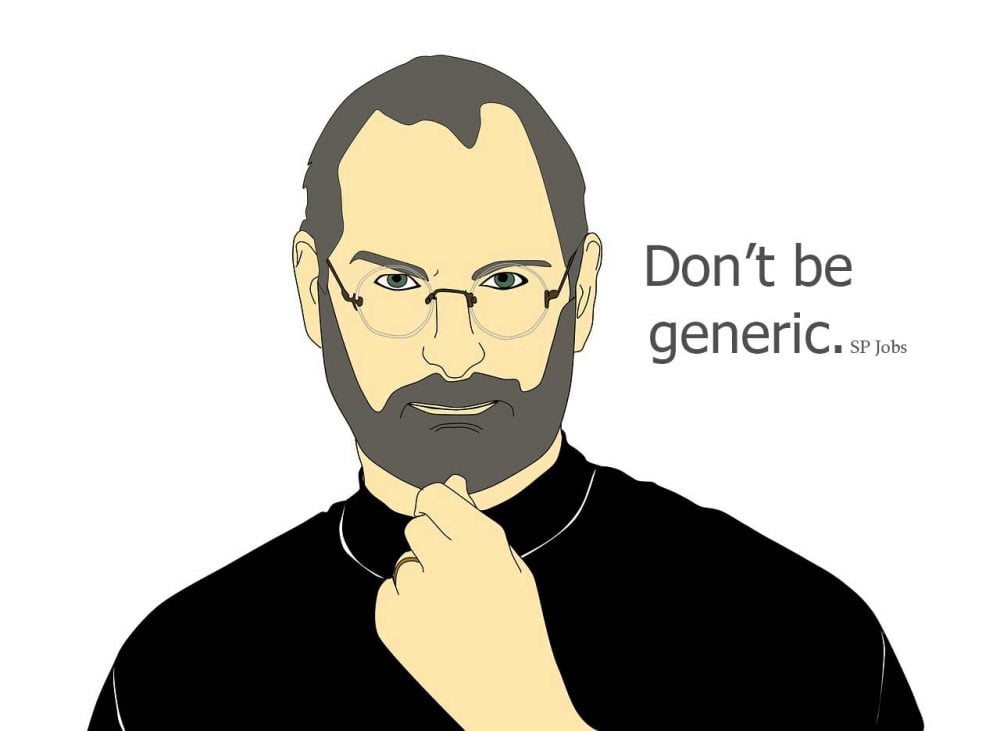The Power of Google Paid Ad Campaigns
In today’s digital age, where competition for attention is fierce, businesses are constantly seeking effective ways to reach their target audience. Among the plethora of marketing strategies available, Google paid ad campaigns stand out as a powerhouse tool for driving traffic, generating leads, and ultimately boosting sales. However, what truly sets Google’s approach apart is its unwavering commitment to the success of its advertisers, fostering a symbiotic relationship where everyone benefits.
Google operates on the principle that when advertisers succeed, it succeeds. This isn’t just a catchy slogan; it’s ingrained in the very fabric of Google’s advertising ecosystem. From the moment you launch a campaign, Google’s algorithms kick into high gear, meticulously analyzing data to ensure that your ads are reaching the right audience at the right time. This level of precision targeting maximizes your chances of connecting with potential customers who are actively seeking your products or services.
But Google’s assistance doesn’t stop there. The platform continuously optimizes your campaigns based on real-time performance data, fine-tuning ad placements, keywords, and other variables to maximize efficiency and drive better results. This proactive approach not only saves you time and effort but also maximizes your return on investment.
At its core, Google’s strategy is predicated on a win-win scenario. By helping businesses succeed, Google strengthens its own advertising ecosystem, creating a positive feedback loop where success begets success. This symbiotic relationship fosters a sense of partnership between Google and its advertisers, with both parties working together towards common goals.
The lesson here extends beyond the realm of digital marketing. It underscores the importance of recognizing that our success is often intertwined with the success of others. Just as Google’s success hinges on the success of its advertisers, so too do many aspects of our lives and businesses rely on collaborative efforts and mutually beneficial relationships.
Moreover, Google’s approach underscores the value of adopting a data-driven mindset with a relentless focus on efficiency. By leveraging data insights to inform decision-making and constantly striving for optimization, businesses can unlock new levels of growth and prosperity. This data-driven approach isn’t just about crunching numbers; it’s about making informed decisions that drive tangible results.
In conclusion, the effectiveness of Google paid ad campaigns isn’t just about driving clicks and conversions; it’s about embodying a philosophy of mutual success and collaboration. By recognizing that our success is intricately linked to the success of others and embracing a data-driven approach with a focus on efficiency, we can all strive towards greater achievements. So, let’s take a page from Google’s playbook and work together towards a brighter, more prosperous future.




 Advertising is no longer a blunt tool. It is a surgical instrument. If your media people are still swinging a hammer around in the dark, you can be sure that someone will get hurt. Chances are that it is your bank balance that will get a blow with two by four. Just saying.
Advertising is no longer a blunt tool. It is a surgical instrument. If your media people are still swinging a hammer around in the dark, you can be sure that someone will get hurt. Chances are that it is your bank balance that will get a blow with two by four. Just saying. 